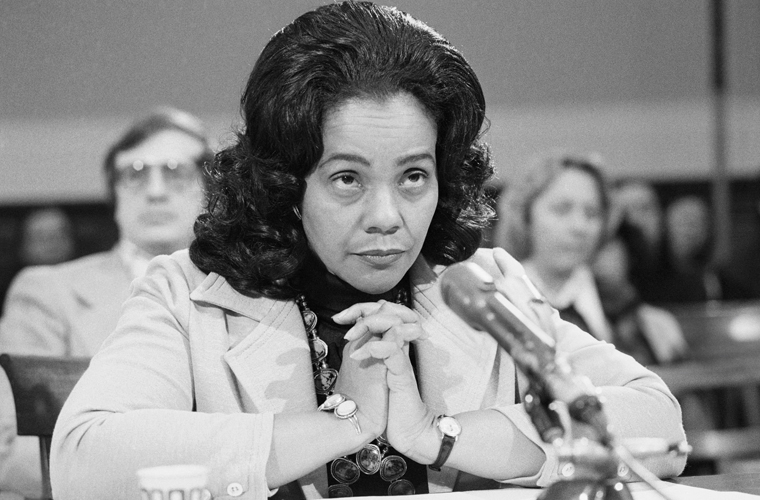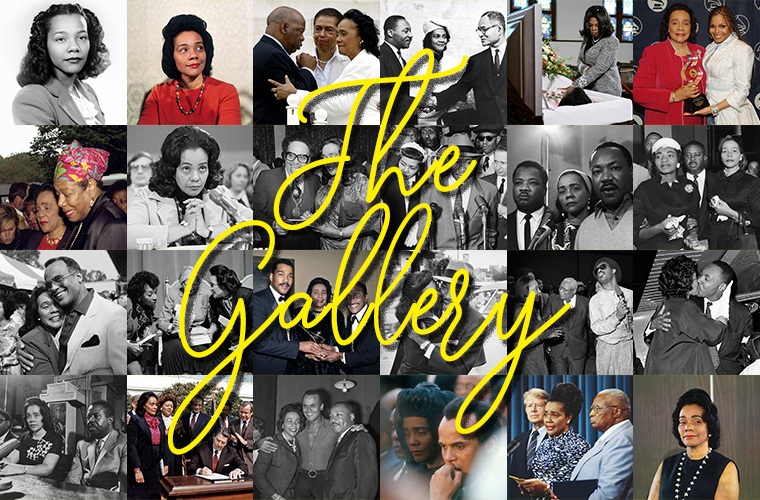Coretta Scott King was a remarkable woman who played a pivotal role in the civil rights movement and left behind a lasting legacy of leadership and advocacy. As the wife of Dr. Martin Luther King Jr., she stood by his side during the most challenging times and continued his work after his tragic assassination. Her tireless efforts to promote equality, justice, and peace have inspired generations and continue to shape our society today. Born on April 27, 1927, in Marion, Alabama, Coretta Scott grew up in a racially segregated society that imposed many limitations on African Americans.
Despite these challenges, she excelled academically and went on to attend Antioch College in Ohio, where she studied music and education. It was during her time at Antioch that she became involved in activism and joined the local chapter of the National Association for the Advancement of Colored People (NAACP).
In 1953, Coretta Scott married Dr. Martin Luther King Jr., a young minister who would soon become a prominent leader in the civil rights movement. Together, they faced numerous obstacles and threats as they fought for equality and justice for all Americans. Coretta Scott King played a crucial role in supporting her husband’s work, organizing events, and raising awareness about the injustices faced by African Americans.
Tragically, Dr. Martin Luther King Jr. was assassinated on April 4, 1968. In the wake of his death, Coretta Scott King made it her mission to carry on his work and ensure that his dream of equality and justice would not be forgotten. She founded the Martin Luther King Jr. Center for Nonviolent Social Change in Atlanta, Georgia, which became a hub for civil rights activism and education.
Coretta Scott King’s activism extended beyond the civil rights movement. She was a vocal advocate for peace and social justice, speaking out against war, poverty, and discrimination in all its forms. She tirelessly campaigned for the rights of women, LGBTQ+ individuals, and other marginalized communities, recognizing that true equality could only be achieved by addressing intersecting forms of oppression.
Coretta Scott King’s legacy is immeasurable. Her dedication to nonviolence, equality, and justice has inspired countless individuals around the world to take action and fight for a better future. Her work paved the way for progress in civil rights legislation, including the passage of the Civil Rights Act of 1968 and the establishment of Martin Luther King Jr. Day as a national holiday.
Coretta Scott King’s contributions to the civil rights movement and her unwavering commitment to social justice make her an icon of leadership and advocacy. Her legacy serves as a reminder that change is possible when individuals come together to challenge injustice and fight for equality. As we continue to strive for a more just and inclusive society, we must honor her memory by carrying on her work and ensuring that her vision of a world free from discrimination becomes a reality.


